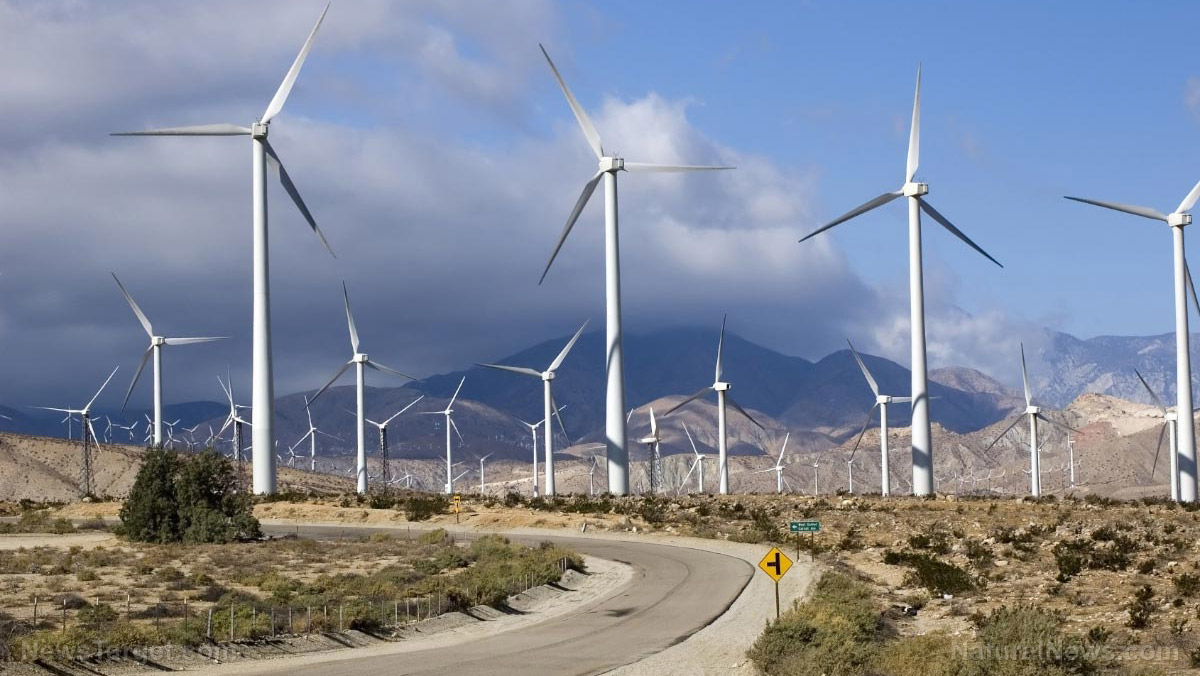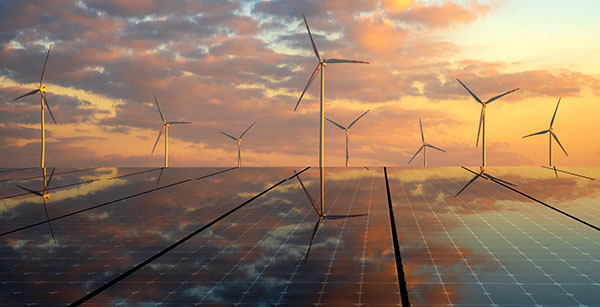 Parler
Parler Gab
Gab
Climate campaigners call for more renewables, less coal
According to climate campaigners, China needs a more flexible grid – in the form of more renewables and less coal – to meet its energy growing needs. According to a report by the Finland-based Center for Research on Energy and Clean Air, technologies for storing clean energy "are not yet mature enough to be deployed at the scale considered essential" for China's plans to expand the use of renewable energy. More than 75 percent of China's energy resources – including coal and renewables such as wind, solar and water – are located in the country's west. In contrast, more than 70 percent of power consumption happens in central and eastern China. Five provinces on the east coast account for nearly 40 percent of China's total energy consumption. Policymakers in the communist country have yet to find a way to balance power consumption and production using both coal and renewables. But the 14th iteration of the CCP's five-year plan, which covers the period until 2025, mandates that renewable sources should cover more than half of increased energy demands in that period. Between 2010 and 2021, renewable energy generation primarily from wind and solar plants increased by an average annual rate of 19.2 percent. Back in 2020, Xi pledged that China would become carbon-neutral by 2060. Two years after that pledge, the Chinese paramount leader appeared to be singing a different tune. Xi remarked in 2022 that coal would remain a mainstay in the country's energy sources, noting that it "would be hard to change in the short term." (Related: China still thinks fossil fuel is key to a reliable power grid.) Visit EnergySupply.news for more stories about China and other countries continuing to use coal power. Watch Tucker Carlson, who was recently fired from Fox News, explain why green energy being pushed in China is a scam. This video is from the Son of the Republic channel on Brighteon.com.More related stories:
Report: China emits more greenhouse gases than all developed countries combined. Report: China must shut 600 coal-fired power plants to hit climate targets by 2060. China built the equivalent of more than one large coal plant every week in 2020. Coal emerges victorious as sanctions and green policies backfire spectacularly. US solar panels produced by coal-burning plants in China. Sources include: TheGuardian.com Brighteon.comTerence Corcoran: A not-so-green reality behind green transition
By News Editors // Share
Governments continue to obscure COVID-19 vaccine data amid rising concerns over excess deaths
By patricklewis // Share
Tech giant Microsoft backs EXTINCTION with its support of carbon capture programs
By ramontomeydw // Share
Germany to resume arms exports to Israel despite repeated ceasefire violations
By isabelle // Share









